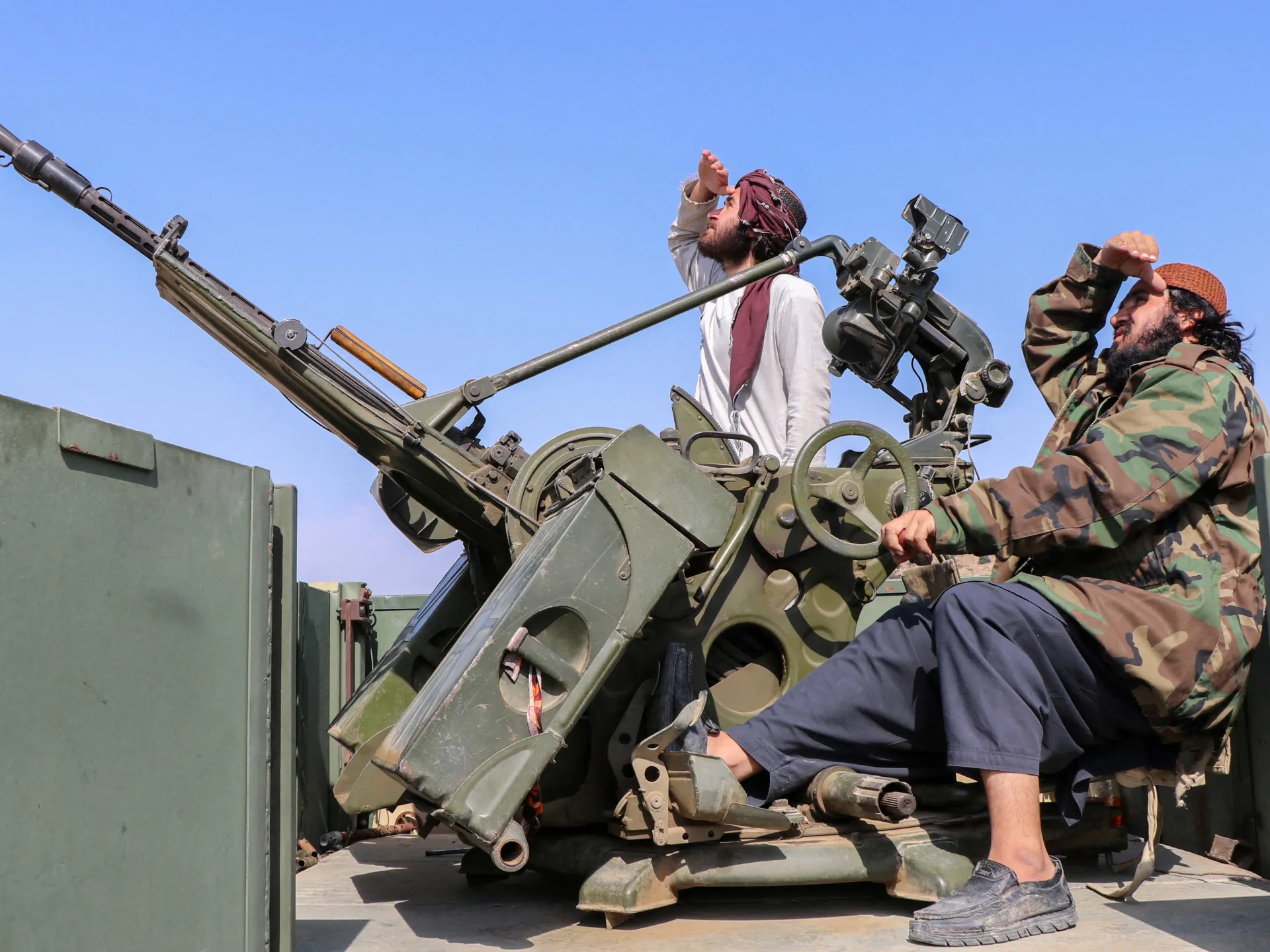Pakistan-Afghanistan live: Iran, EU urge dialogue amid deadly clashes | Pakistan Taliban News
Live updatesLive updates,
Pakistan says it has targeted Taliban forces in Afghanistan’s Kabul and border regions; UN chief says civilians also impacted.
Published On 28 Feb 2026
